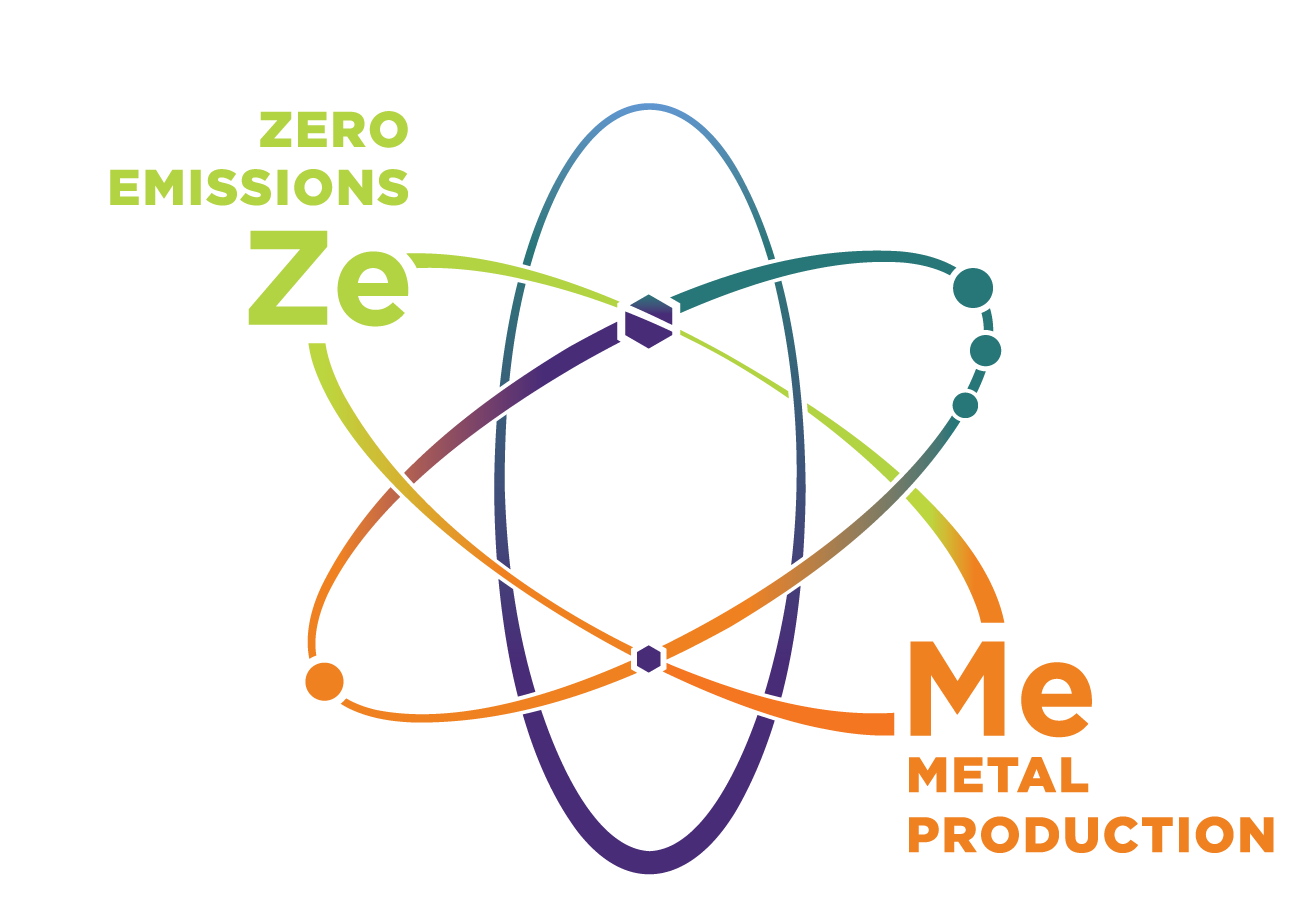Modelling and Digitalisation
Modelling and Digitalisation - RA5
Objective
Strengthen and enhance the activities in WP1-WP4 through modelling and digitalization. The objective is to develop and apply physics and data-based models, combine them with sensor data, and then make these tools available for process control and optimization as well as training and education.
Fundamental process modelling
Modelling support with advanced physics-based tools to enable the development of new processes and improve current processes. Modelling will combine techniques from several fields such as material science, thermodynamics, kinetics, and transport theory. Focus will be on low carbon Al electrolysis (PhD 5A) and new processes for ferro-alloys (PhD 5B).
Measurement system integration
The activities in this task will work towards improving the quality and interoperability of measurement data needed for process control in the industry. The emphasis will be on integrating efficiently at-line, inline, and on-line process measurements in the modelling workflow from RA7 measurements. Additional available measurements (like pyrometers, video recording) will also be integrated if necessary. The collected data will constitute part of the Digital Product Passport and enable tracking the provenance of a product, the by-products, their possible recycling etc, and will be applied in LCA studies (RA6) and other innovations for circularity (NORCE).
Artificial Intelligence and control systems
Combination of pragmatic physic-based model, sensor technology, and data analysis to build digital twins. The aim is to improve process control and hence optimize energy and resource efficiency (PhD 5C). This calls for a deep process understanding combined with digital methods such as data reconciliation based on physical models and machine-learning methods such as neural networks and Bayesian optimization. Application of AI and meta-models will be part of the work done in Task 5.1 for all PhD students.
Digital tools and training
More didactic tools with web interfaces (updated yearly) will be developed to understand and visualize processes, especially targeting students and new employees in industries. An efficient data documentation methodology will build on best practices (FAIR data documentation) and on existing conceptualizations (i.e., vocabularies, standards, ontologies). It will facilitate interfacing ZeMe tools with other research tools (HSC, FACTSage, LCA tools etc) and enhance exploitation and visualization of research and industrial data.
Results
The center will open in 2025, results are comming



